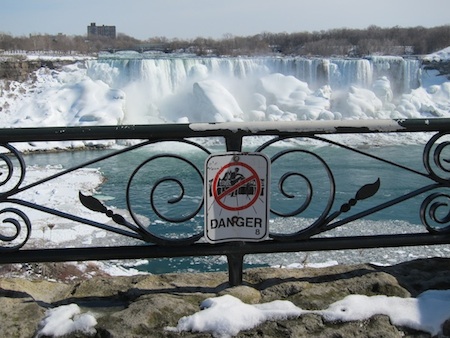Rachel Maddow’s optimistic report on the OccupyNevadaCounty (OWSNC) in California — and its action that resulted in the delaying of a family’s eviction due to foreclosure, until at least after the holidays — as I say, that report was maybe a little too optimistic. Wonderful, though.
It involved homeowner Stephen Merryweather, who was about to be evicted from his home the next morning, called the Occupy Nevada County’s foreclosure group, asking for help. The Occupiers arrived very early the next morning (when he was about to be kicked out) and Occupied his front lawn. They also called up the parties involved in the mortgage and the foreclosing action, which meant a Fannie Mae rep from California Pacific Brokers, and the sheriff. They talked, and the mortgage rep agreed to delay the action of putting a family out of its home a week and a half before Christmas.
It is to be wondered if such a scenario could take place in many other locations. This would require a lot of separate elements: An experienced, able local Occupy group to respond and negotiate with several different local authorities, for a start. The Occupy Nevada County members were noticeably older people, middle-aged, not 20-somethings. This was rather remarkable, since the media pictures of all other Occupy groups tend to portray very young people. But older people are more representative of homeowners in general. The entire event screams to the sky how much older people are needed in the Occupy movement.
The next thing you’d need to repeat the success is a local sheriff who’s willing to help the two other parties negotiate, and who is willing to hold off his dogs.
And then the mortgage people. If they’d been Bank of America or Wells Fargo, what might have been likely to happen? These big bad ones have not seemed concerned about their public images lately, but are extremely concerned about keeping their f’n money. (Even though it isn’t really theirs.)


